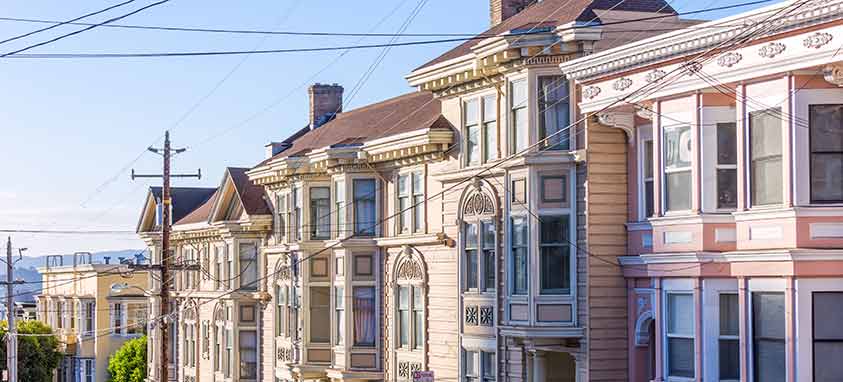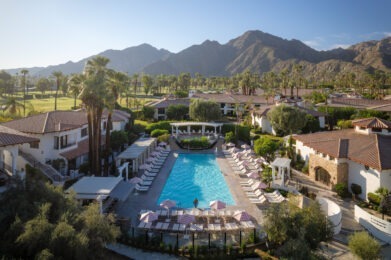If it looks like a hotel and acts like a hotel, then it should be treated like a hotel. That’s the argument American Hotel & Lodging Association (AHLA) has made to the sharing economy. In recent months, debates are mounting over the legality of properties offered on rental websites such as Airbnb, HomeAway and Flipkey. Various state and senate bills are surfacing amid a call to impose restrictions, in particular, upon more than one million rentals in Airbnb’s portfolio.
During a Federal Trade Commission “Sharing Economy” workshop last month, Vanessa Sinders, senior vice president of AHLA, voiced concern about the risks surrounding Airbnb rentals. Sinders wants to level the playing field between home rentals and the hospitality industry by leveraging equal taxes and measures to ensure consumer safety.
“Our industry remains successful because our members embrace a highly competitive business model where everyone plays by the same rules,” she said. “Right now there is an un-level playing field that is compromising consumer safety, endangering the character and security of residential neighborhoods around the country and changing the housing market in some negative ways.”
Snider says most Airbnb rentals do not follow safety, security, health and fire standards, in addition to bypassing taxes, rules and regulations hoteliers must adhere to. Last year, hotels collectively contributed $134 billion in federal, state and local tax revenue.
AHLA and other lodging associations have funneled millions of lobbying dollars to state legislatures and political groups. The group is also behind a grassroots-inspired neighborhood oversight website that encourages concerned citizens to write to their local offices about the threats rental websites pose, from renter safety to driving up housing costs.
State Legislature vs. Airbnb
Short-term housing rentals will be addressed in San Francisco’s November ballot. The proposal would limit such rentals to 75 nights a year and permit hosting platforms to only list units registered with the city. Based in San Francisco, Airbnb offers approximately 6,000 active listings in the city. The current law allows a 90-day rental period for an entire home. Hosted rentals do not have a limit, but they are required to register with the city and pay an annual fee.
Silicon Valley is reviewing a bill that would require home rental websites to report booking information, including the number of guests and length of stays, to cities and counties. The measure also tacks on lodging taxes and prevents bookings in areas that do not allow short-term rentals. Airbnb responded that the bill would force the company to leak reams of personal information to bureaucrats who would potentially search through data for violations of local planning and zoning laws.
In New York, the state’s attorney general found 72 percent of Airbnb listings to be illegal. A 2011 state law prohibits residential rentals for less than 29 days. So far, more than 6,000 fines have been issued to New Yorkers who chose to skirt the law, which was originally meant to prevent landlords from turning entire residential buildings into hotels.
Airbnb maintains that it has had a positive economic impact on cities that allow home-share rentals. A 2012 Airbnb study determined that the company created $56 million in local spending in San Francisco. Out of that, $12.7 million went directly to host households. In New York City, more than 400,000 guests generated $632 million in economic activity via the home-rental website. Airbnb cites $105 million in direct spending to outer boroughs that it claims do not typically benefit from tourism dollars. The company upholds that rental properties are located outside of central hotel districts.




